Latest News
A report of a current event, knowledge, information

What’s Better: Privacy Coins or Bitcoin Privacy Tools?
It's easy to send bitcoins these days. Scan the QR code or enter the address of the person you want to send it to, then press "Send".
But how secret is sending bitcoins? And more importantly, which is better: privacy tools that come with bitcoin, like CoinJoin, or privacy coins that don't come with bitcoin, like Monero or Zcash?
Bitcoin and privacy coins: what the law says
Before getting into the details of privacy coins, there are some legal questions that need to be answered. Many cryptocurrency exchanges have decided not to support privacy coins.
If you go to an exchange or broker that only sells bitcoins, you won't even see other coins.
This is because regulators tend to scrutinize privacy coins more closely. Both licensed exchanges and brokers must follow the rules set by these regulators.
Some countries, such as South Korea and Japan, have made it illegal to own or trade privacy-protecting coins. As the rules change around the world, others are likely to follow. Bitcoin can also be illegal, as China has done.
While bitcoin privacy tools are not officially banned in most places at the time of this writing, exchanges should monitor and try to limit their use.
For example, Binance was found to ban a user's account after the user was found to have mixed coins after withdrawing.
Regulated exchanges must use tools to analyze blockchain data to meet the financial control requirements of regulators. They can link identities to bitcoin addresses using chain analysis tools like CipherTrace or Chainalysis.
This allows the exchange to observe profiles and clusters and look for "patterns of illegal behavior", which it must then report to those responsible for regulating the market.
Because the bitcoin blockchain is open and public, it doesn't offer that much privacy by default. As a result, regulators have been nicer to bitcoin. However, the same tools do not work so well for privacy coins. People who use Bitcoin and want to keep their identity secret must use different tools to hide their identity.
How many types of privacy coins are there?
How each privacy coin hides transaction details depends on the type of cryptography used.
We don't need to talk about how each algorithm and coin is built in great detail. Nothing like a few coins and a simple explanation of how they work is enough to show how they differ. It is important to note that privacy coins can be used independently as privacy tools.
They can be used with bitcoin and enhance any plan to keep your money private.
For example, you can use an exchange service or a decentralized exchange to convert Bitcoin to Coin and break the surveillance system. But some experts say it makes you less private.
There are pros and cons to using a privacy coin instead of bitcoin privacy tools. Both methods help the user to do business online but give the user different levels of privacy.
There are many different types of privacy coins and each has its own way of ensuring that privacy is built in. Bitcoin privacy tools work a little differently, as users sometimes have to be extra careful not to make mistakes that could reveal their identity.
Which is better and easier to use to keep your financial information private online: bitcoin privacy tools or privacy coins? Is it easy to track Bitcoin transactions? With this bitcoin privacy guide, we'll dig deeper and give you all the answers.
In this article, we take a close look at all the important parts and each technology so you can make a smart choice. Read to learn and have fun. And if you found it useful, don't forget to tell your friends. We are grateful.
Monero (XMR)
Coin is one of the most used privacy coins. It was also one of the first to appear in 2014 .
Fans and developers say Moneron stands out in three main ways. These are called Ring Signatures, RingCT and Stealth Addresses. Ringtones hide who sends and receives a message, and RingCT hides how many are sent.
Finally, hidden addresses ensure that each address is used only once.
This three-part encryption combination makes Monero a good option for privacy protection. With Bitcoin, you shouldn't use the same address more than once, but Monero developers say that's not a problem.
Every good feature has a downside, and experts have been asking questions about how Monero works for years. Time will tell if Monero can scale or if Bitcoin's future privacy improvements will make Monero obsolete.
Mimblewimble (GRIN)
Grin is a worthless cryptocurrency that uses the Mimblewimble protocol. This is a new set of algorithms made in 2016 and released in 2019.
Mimblewimble aims to be lighter and more scalable than Monero with larger transactions.
Since you don't have to load each block from scratch, the blockchain stays small. It uses a feature called FlyClient that allows new nodes to download checkpoint blocks instead of the entire blockchain.
Finally, transaction totals and information about senders and receivers are hidden from anyone who wants to see them. Mimblewimble has a set of tools to protect privacy, but GRIN has not achieved privacy in the money market.
Even if consumers don't use it, it can still be used to protect privacy. The people who made GRIN are honest about it, saying, "It's very new and experimental. "At your own risk!
zCash
zCash is a well-known privacy coin. It started in 2016 and has grown in number of users and developers since then.
zCash uses "zero-knowledge proofs" or "zk-snarks" to hide transaction details. Users can share specific keys that allow them to choose what account balance and transaction information is shown or hidden.
If a user wants someone to know about his events, he can tell the person. zCash is listed on many cryptocurrency exchanges around the world. This may be because its security and privacy system is a bit more flexible.
Like all other privacy coins, zCash may not be around forever as there are new ways to protect your privacy with bitcoin.
Most important may be the fact that privacy coin or other money for personal use can be spent. Bitcoin is by far the most popular digital currency in the world, so it would be nice to include tools that protect privacy. Many developers are working on privacy-focused applications for Bitcoin, which is good news.
Bitcoin wallets for privacy
Privacy-focused bitcoin wallets such as Wasabi Wallet, Electrum Wallet and Samourai Wallet allow bitcoin users to use privacy technology.
These wallets are mostly made and updated by some of the world's leading encryption and privacy experts. There is a heated debate among service providers about which method is better for protecting people's financial privacy.
While it's great to have a competitive market and lots of options, users need to be well educated to make good decisions and not feel overwhelmed.
To give an overview, at the heart of all privacy wallets is the ability to connect via Tor, manage UTXO and access CoinJoin or other mixing techniques. You need Tor, UTXO management and CoinJoin to manage your bitcoin privacy. Of course, every bitcoin privacy wallet should make a rule that it does not store user data, does not store it, and is open source for independent researchers to look at.
Bitcoin privacy wallets are a great way to improve privacy on the chain and regain control of your financial data.
Join market and CoinJoin
If you know anything about bitcoin, you may have heard of CoinJoin. Let's take a look at this privacy technology. "CoinJoin is a reliable way to combine Bitcoin payments from multiple users into a single transaction. It makes it difficult for non-Bitcoin people to figure out which consumer paid which recipient or recipients.
Essentially, users work together to achieve a common goal. . Everyone puts coins in a bag, shakes it, and then takes out the same amount of bitcoins they put in. The user pays a small fee that goes to people who entered the market with their bitcoins. The sounds great in theory, but how easy is it to use?
Join Market is a place where people can meet online and plan matchmaking exchanges. But don't think of it like eBay or Amazon; it is more automated and anonymous.
Specifically, JoinMarket is an application of CoinJoin. It was created to make Bitcoin transactions more private and easy to track.
Some bitcoin wallets have the ability to mix bitcoins into join markets that use CoinJoining to hide the input and output of bitcoin transactions.
The Wasabi wallet is an example of a wallet that has an integrated cross-market and is coordinated by a wallet provider. Because of this, the wallet makes it easy and simple for people to make CoinJoin transactions.
Private channels on the Lightning Network
With over 4,500 BTC locked in Lightning channels, the Lightning Network is Bitcoin's most successful second layer. It is a decentralized payment protocol.
Lightning Network allows users to make free, instant and private transactions. It also increases bitcoin's privacy, bringing it closer to its goal of being an anonymous means of payment.
Lightning channels work when people trade with each other in anonymous bitcoin transactions. Since only the sender and receiver need copies of their transactions, the interchanges connecting the two partners do not need to know the details. Information is not shared outside the group.
The Lightning Network consists of several channels that work together. A private channel can only be set up between two people. Everything that happens between these two people stays between them.
Flash transactions are much talked about and studied, and developers are constantly releasing new features and improvements. On-chain transactions, on the other hand, are probably a step more private than flash transactions, but it depends on how you use each tool.
One problem with Lightning is whether or not the bitcoin address used to start the Lightning channel is dox. That's what we use mining for.
Mining and Virgin bitcoin
Bitcoin mining is also a way to protect your privacy. Freshly mined Bitcoin has never been in the hands of a person or an exchange.
In terms of privacy, so-called "virgin bitcoins" are considered the best. So newly mined bitcoins are slightly higher because owning them protects your identity from being associated with the identities of people who owned the same coins before you.
Once the mined coins reach the exchange, they are no longer "guilty" and the privacy issues associated with these UTXO sets must be treated like any other bitcoin transaction.
Starting a private Lightning channel with newly mined bitcoins is a great way to maintain privacy when using bitcoin, but it requires technical expertise.
Related News

Bitcoin becoming less-risky as an investment, Novogratz says

Brazil is prepping an IPO for its state-run digital bank

Indian bank to offer crypto services across its 34 branches

The blockchain revolution is already here, say Alex and Don Tapscott

‘The cryptoruble is the future’ says Russian policymaker

Bitcoin’s Price Must Pass $40K to Halt Exodus of Traders:

Cape Cod's Largest Hospital Gets Bitcoin Donations Worth $800K

Spain May Soon Regulate “Risky†Bitcoin Street Ads

Brazil Approves First Latam Based Ethereum ETF

Google's New Cryptocurrency Ad Policy Goes Into Effect

Second Largest U.S. Mortgage Lender to Take Bitcoin Payments
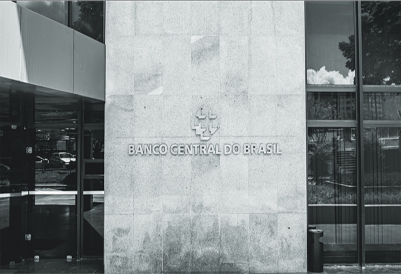
Central Bank of Brazil Researches Creation of Digital Real

14 Suspects in Cryptocurrency Investment Scam Arrested in Taiwan

India Central Bank RBI Still Has Serious Concerns About Cryptocurrency

UK Post Office Adds Option to Buy Bitcoin via Easyid App

Bank of Russia Lists Crypto Companies Among Financial Pyramids

Major Cryptocurrency Exchanges Explore Entering Indian Crypto Market

Thailand to Develop Cryptourism Considers Issuing Utility Token

Grayscale Confirms Plan to Convert GBTC Into Bitcoin ETF

Goldman Sachs Predicts Ethereum Could Hit Dollar 8000 This Year

Indiana Star Bank Launches Bitcoin Trading Services

Venezuelan Court Rolls Back Seizure of More Than 1000 Bitcoin Miners

Bitcoin Dominance Slides Below 40 Percent for First Time in 6 Months

Leading Supermarket Chain in Croatia Introduces Crypto Payments

ECB Paper Marks Success Factors for CBDCs Digital Euro

Dogecoin Soars After Elon Musk Announces Tesla Will Accept DOGE

Leading Supermarket Chain in Croatia Introduces Crypto Payments

Chinas Xinhua News Agency to Issue NFTs Despite Crackdown on Crypto

Former Finance Secretary Doubts Indian Government Understands Crypto

Indian Authorities Raid Cryptocurrency Exchanges for Tax Evasion

Crypto Tops Investor Threats for US Securities Regulators

New Spanish Regulations to Target Crypto Investment Ads
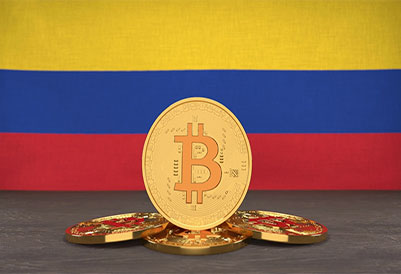
Crypto Users and Exchanges Must Now Report Transactions in Colombia

Colombia Registers First Real Estate Purchase With Bitcoin

Indian Parliament Member Clarifies Legal Status of Cryptocurrency

Wells Fargo Cryptocurrency Has Entered Hyper Adoption Phase
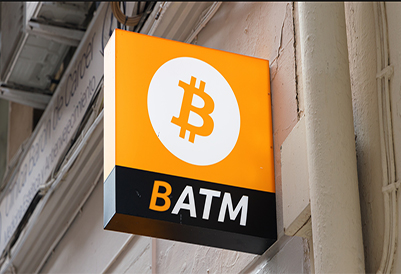
Venezuela Might Have Cryptocurrency ATMs Again Soon

US Senators Working on Broad-Based Crypto Regulation

Abkhazia Extends Crypto Mining Ban Till End of Year

Is Bitcoin Heading Towards $25,000?

When is Cardano's next huge update coming?

How to recognize the best acquiring games?

What Is Proof Of Time and How It Works?

Ripple Exec - XRP was created as a "better Bitcoin"?
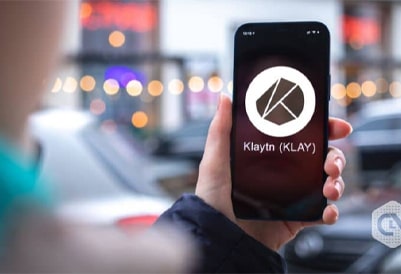
Wormhole Bridge further develops interoperability for Klaytn
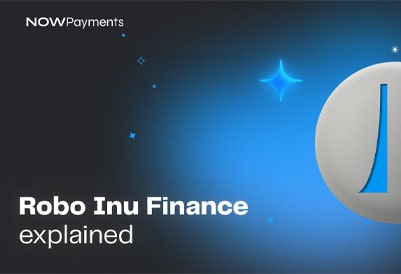
Cryptocurrencies Explained Robo Inu Finance

BabyDoge Price in Green as Swap Testnet Finally Goes Live

Tether Is Setting New Standards For Communication
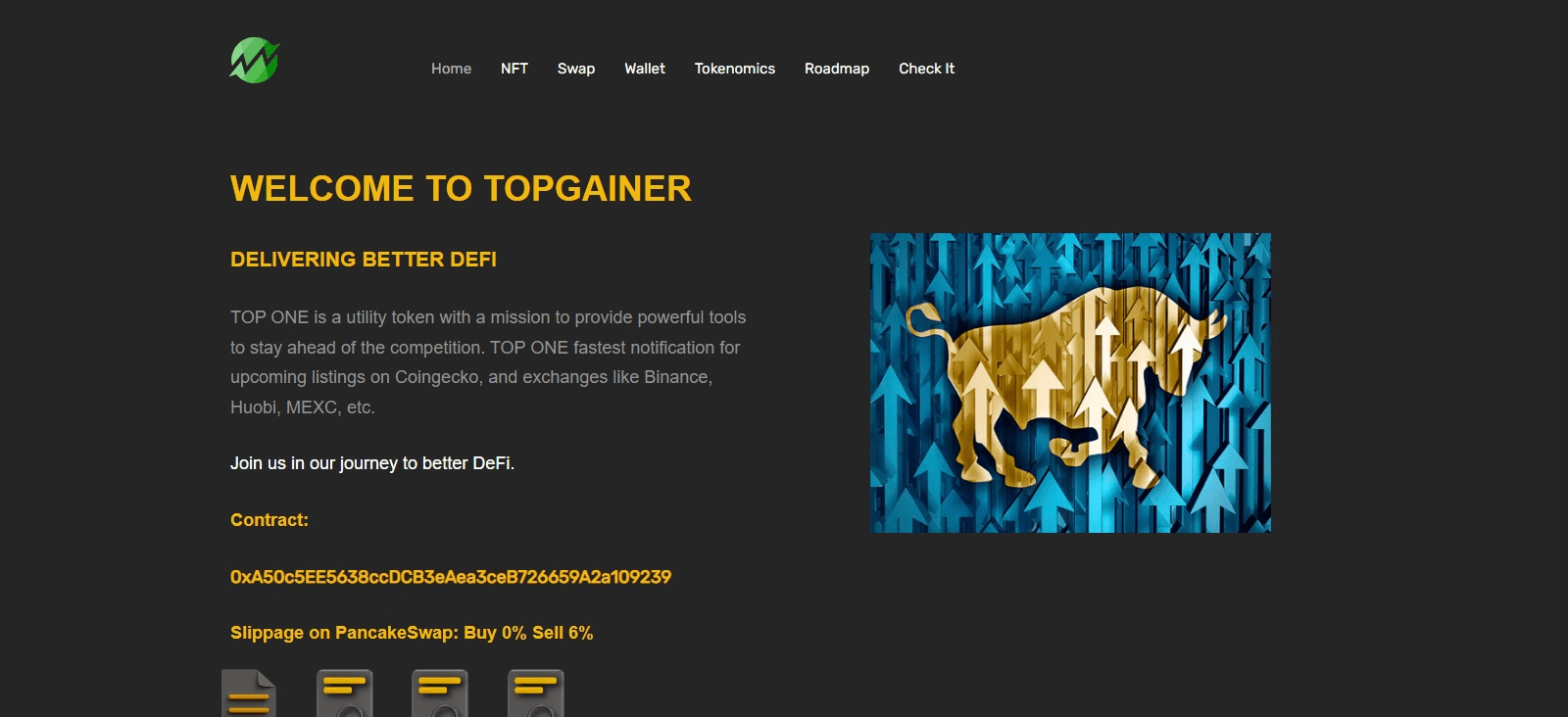
What Is Topgainer Complete Guide and Review About Topgainer
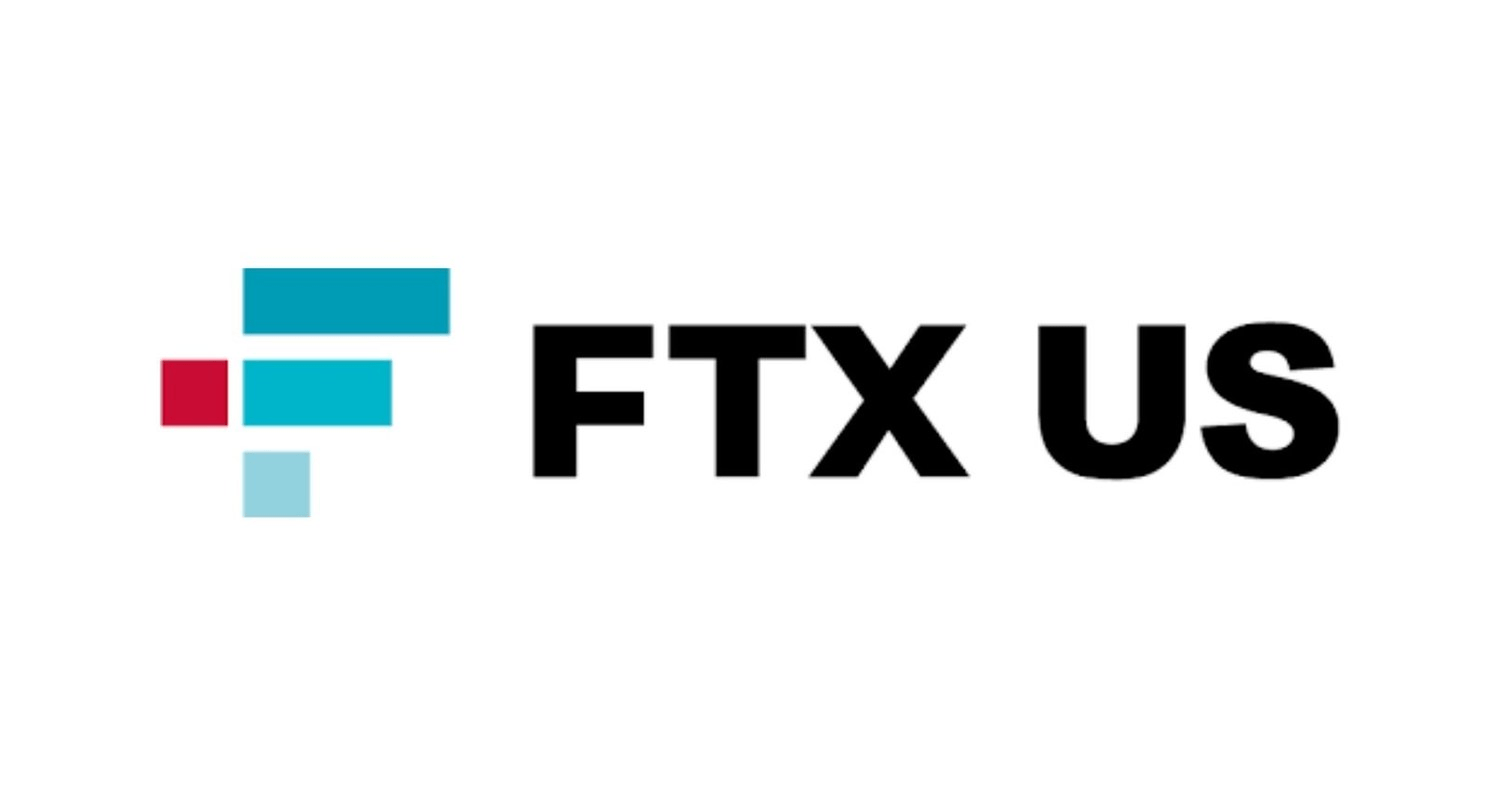
FTX US Lied About FDIC-Insured Products
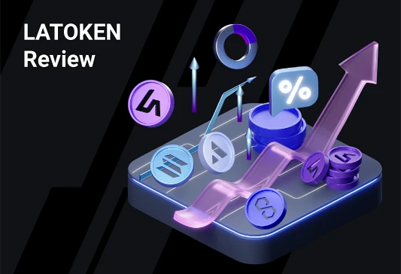
LATOKEN Review The Ultimate Guide 2022

NFT Security 101 With Ledger x NFTevening

BTC Must Reach 1 Billion Wallets To Hedge Inflation

BORA Price Prediction 2022, 2023, 2024, 2025: Will BORA Go Up
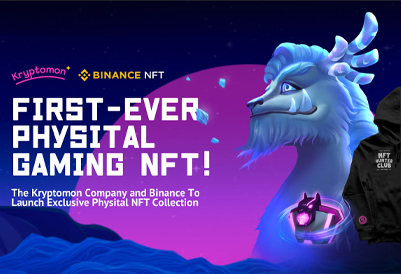
Kryptomon To Launch An Exclusive Physital NFT Collection On Binance NFT

Will Ethereum Merge Buy the Crypto Market?

The Best Crypto Podcast: Top 5 to Check

Driving Bitcoin Adoption At Silverstone – Bitcoin Magazine

How To Denominate In Bitcoin Terms – Bitcoin Magazine

Bitcoin below dollar 21000, Ethereum hold above dollar 1,500

Everything you need to know about mining crypto on a smartphone

Technical Indicators Suggest That BTC Has Established Its Bottom

Bitcoin, Ethereum and other fall, Polygon jumps
.jpg)
Will The Next Genesis Crypto Brokerage Fail?
.jpg)
Why dogecoin price is up today while other cryptos are trading low
.jpg)
Bitcoin Swings Below $17,000, Ethereum and Other Crypto Tokens Fall
.jpg)
Bitcoin, Ether, Solana, Other Crypto Prices Are Rising Today
.jpg)
Bitcoin over $17,000; Dogecoin, Solana and Shiba Inu fell up to 9%
.jpg)
How to start trading Crypto Markets
 (1).jpg)
Bitcoin hits a one-month higher than expected US price
.jpg)
Price of Cardano (ADA) Will Experience Massive Drop as 2022 Ends
.jpg)
BTC Below $16,880 Support; Will It Follow a Positive Traction?
.jpg)
Top Trending Crypto on Binance, BNB Ousts Bitcoin on Second Position
.jpg)
Litecoin (LTC) Surpasses Shiba Inu (SHIB) in Market Cap

The presence of Bitcoin in the market is reaching all the time
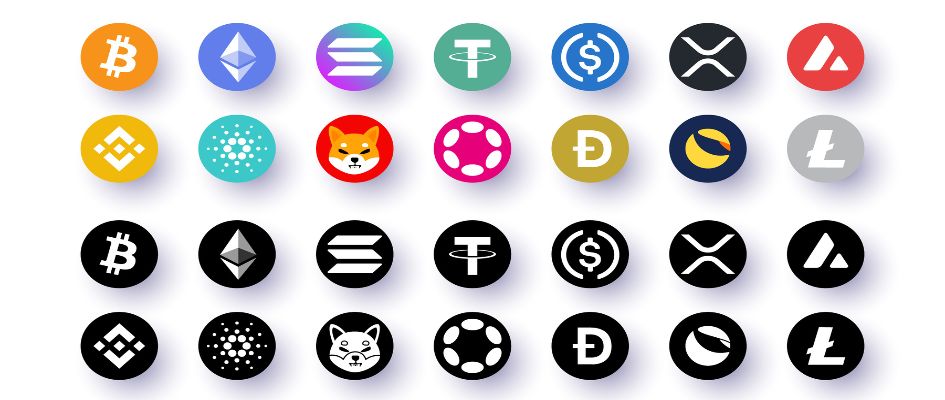
3 good signs for the crypto industry in 2023
 (1).jpg)
Bitcoin, Ethereum down 1%, other tokens fell
 (6).jpg)
Latest Cryptocurrency Prices: Bitcoin, Ethereum, other mixed tokens

FTX claims that US$415 million in cryptocurrency has been stolen
.jpg)
How much of FTX debt has so far been recovered?
 (1).jpg)
Over $3.8 billion will be stolen in cryptocurrency hacks in 2022
 (2).jpg)
Bitcoin Exceeds $24,000 for the First Time Since June 20, 2022
 (1).jpg)
Crypto Price Today: Coins like Bitcoin, Ethereum, and others decline
 (5).webp)
Forecast of the Bitcoin price as BTC Rises 2.2%

What Will WBTC Worth In 2025

Bull Run Predicted To Continue For Bitcoin And Ethereum
.webp)
Bitcoin stays above $28,000 as Ethereum gains around 2%

Top Long-Term Cryptocurrency Investments
.webp)
Top Coins Land In Greens As Bitcoin Exceeds $28,000

Gains for Bitcoin, Ethereum, and other tokens

Bitcoin makes some progress, with Bitcoin SV leading the way
.webp)
Memecoin PEPE Becomes Top Gainer As Greens Dominate Charts
.webp)
Bitcoin and Ethereum underperform; XDC outperforms them all
.webp)
Bitcoin Is Still Under $30,000, but HBAR Is the Top Gainer
.webp)
Top Coins Land In The Red But Bitcoin Remains Above $27,000
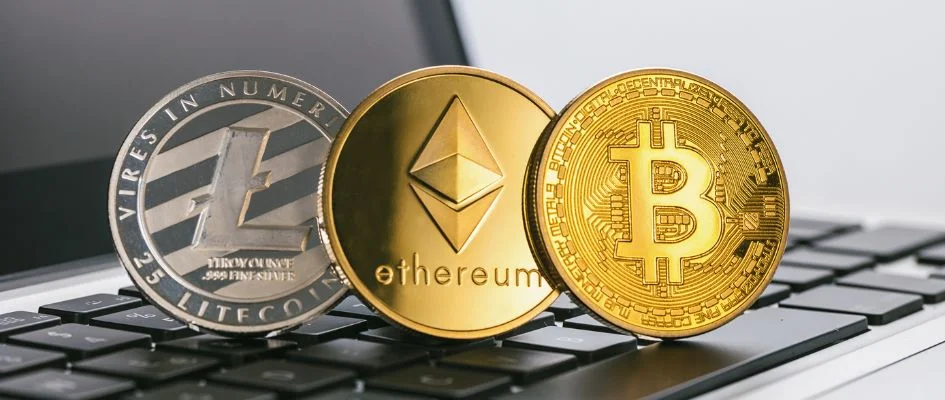
After a court supports a grayscale ETF, bitcoin increases
.webp)
Bitcoin is still trading below $26,000, while Astar is the top gainer
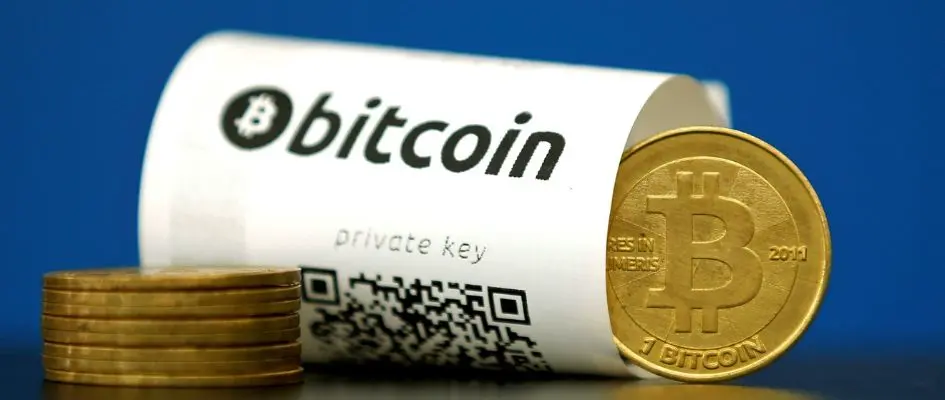
Axie Infinity overtakes all other gainers as Bitcoin holds above $26,000
.webp)
Axie Infinity overtakes all other gainers as Bitcoin holds above $26,000
.webp)
Bitcoin Surpasses $27,000, with Flare the Top Gainer
.webp)
The top gainer as Bitcoin drops below $27,000 is Terra Classic
.webp)
Over the weekend, Bitcoin remains below $27,000
.webp)
Top Coins Like Bitcoin, Ethereum, and Others Land In Reds
.webp)
Bitcoin Cash surpasses $1,600 as Ethereum crosses it

PEPE is the biggest loser when Bitcoin Falls Below $28,000
.webp)
Ethereum, Bitcoin, and Other Popular Coins Drop in Value
.webp)
Ethereum, Bitcoin, and Other Popular Coins Drop in Value

What Is Web3 and Why Does It Matter?

What Are VIP Web3 Wallet?

WhiteBitcoin (WBTC) — Official Christmas & New Year Update
Related CryptoCurrencies
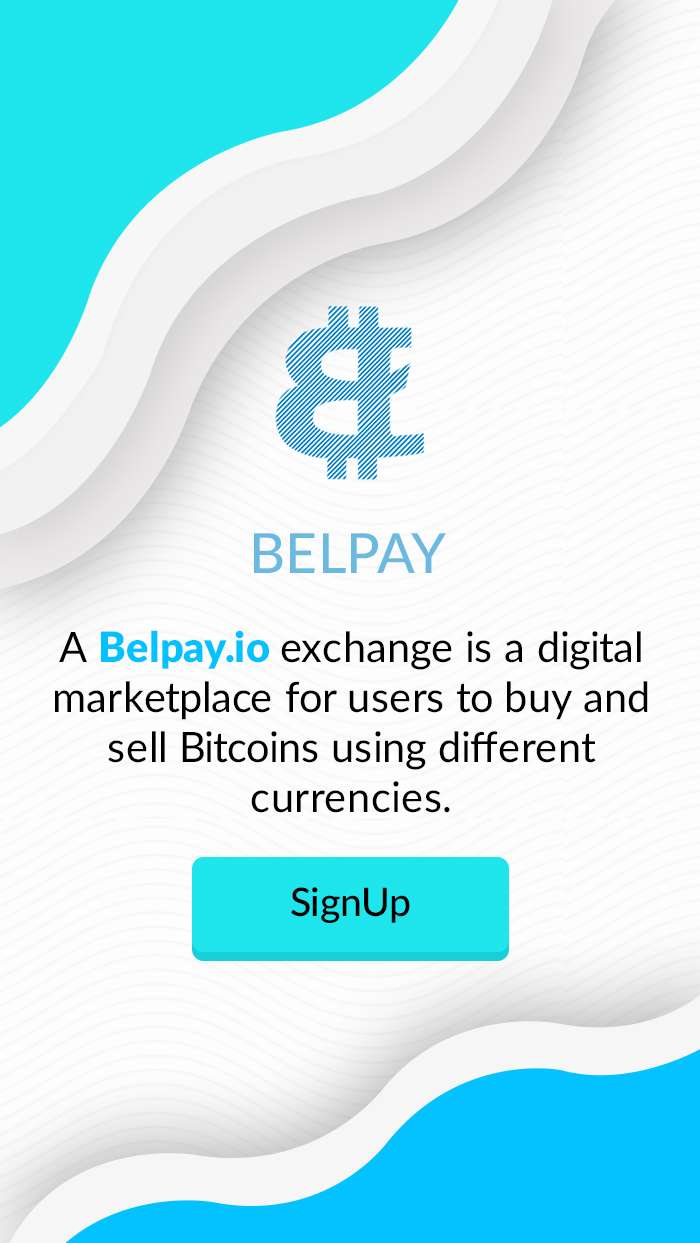

© 2026 WBTC Price All Rights Reserved.

-min.jpg)
 (1)-min.jpg)
-min.jpg)



















































.jpg)
.jpg)

.jpg)
.jpg)
.jpg)
.jpg)
.jpg)
.jpg)
.jpg)
.jpg)
.jpg)
.jpg)
.jpg)
.jpg)
.jpg)
.jpg)
.jpg)


























.jpg)




.jpg)
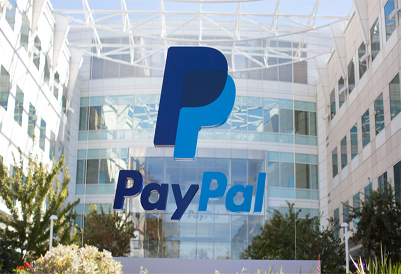

































.jpg)





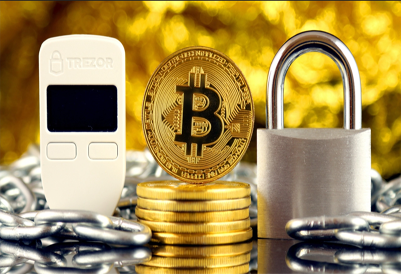



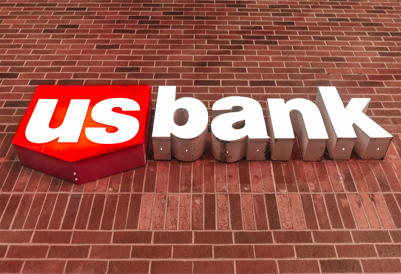

.jpg)























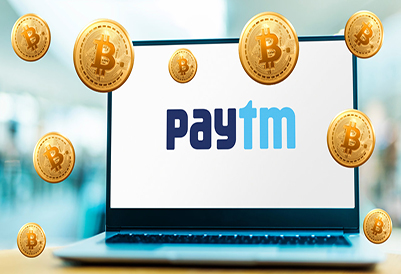


.jpg)



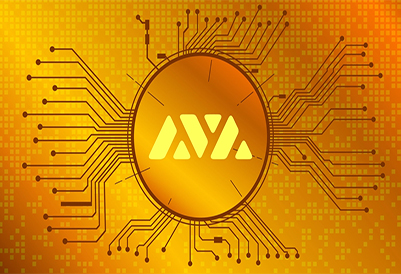








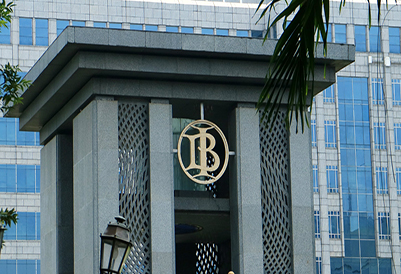











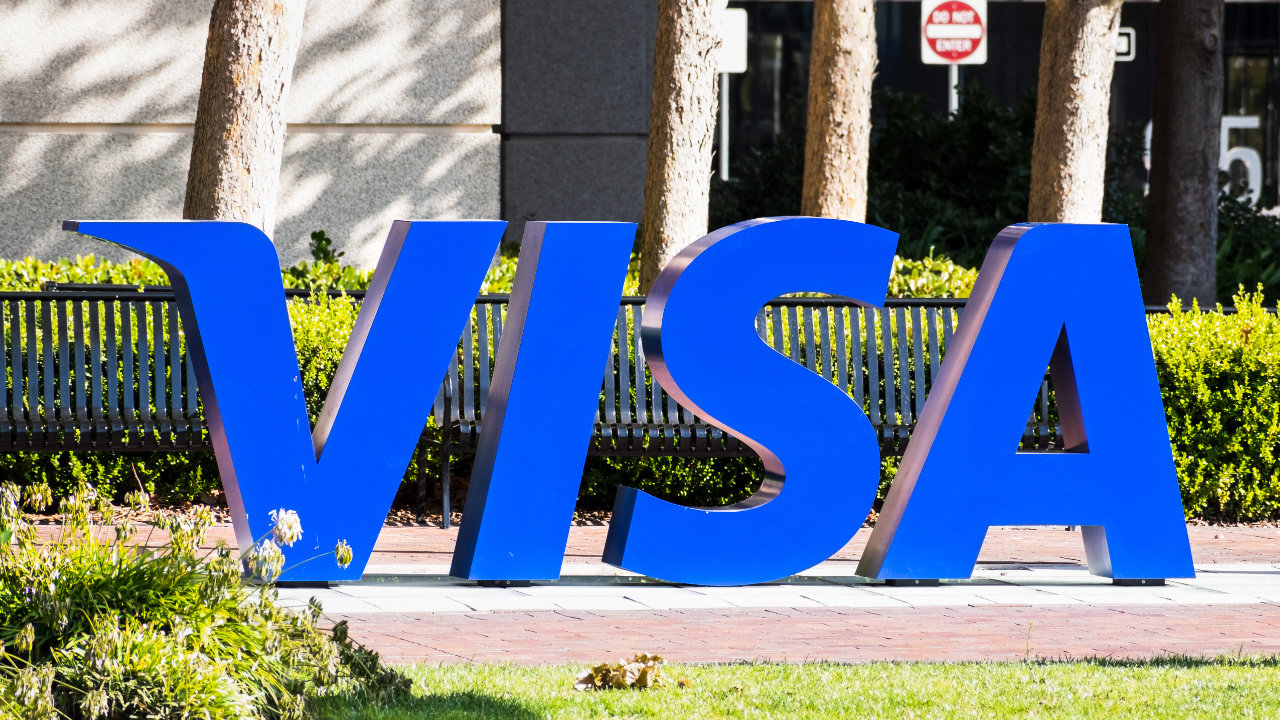


.jpg)
.jpg)




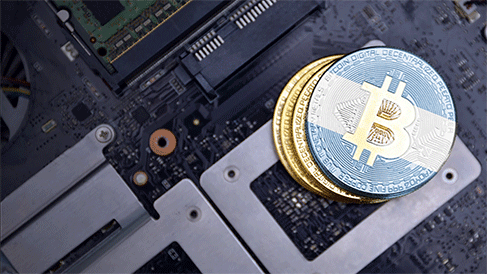

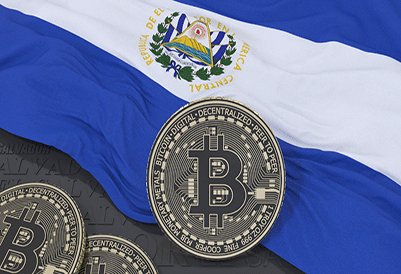





















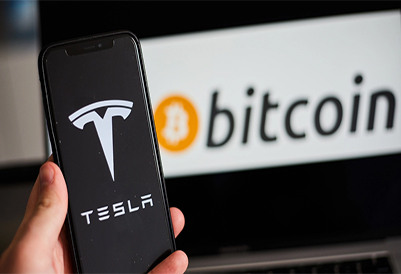


























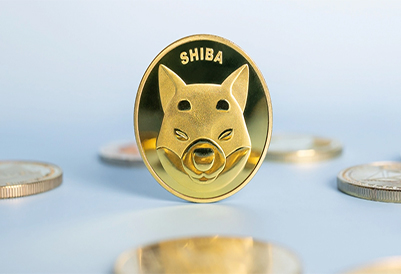

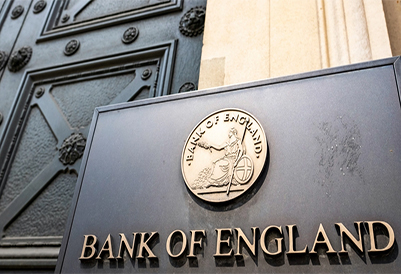









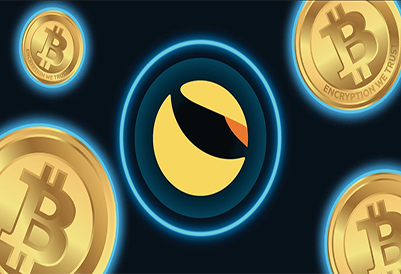





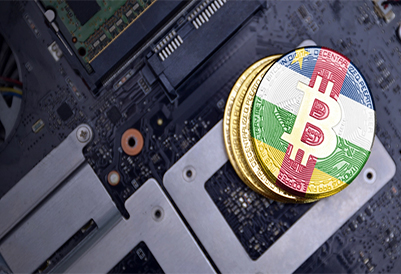


-Offering-Risks-Retirement-Security-of-Americans,-Says-Labor-Department-Official.jpg)



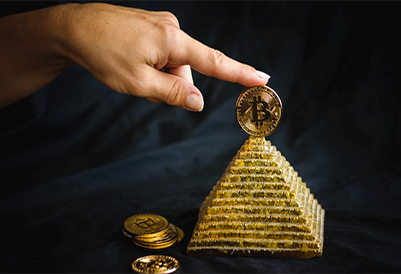











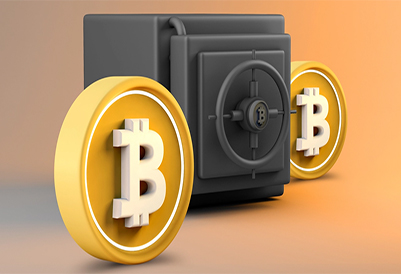



.jpg)

.jpg)




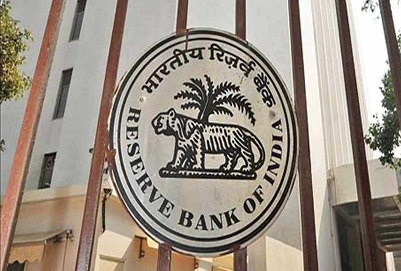
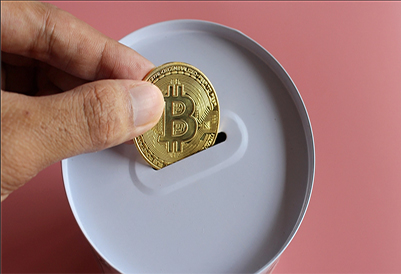



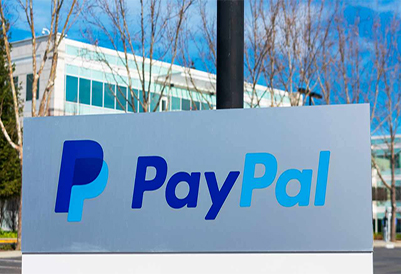







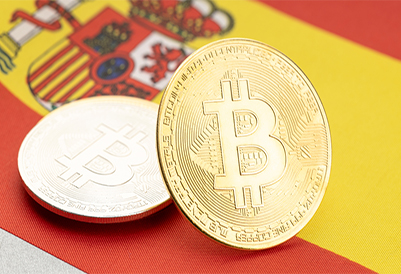
















-cost-might-ascend to-doller-0.08-level.png)


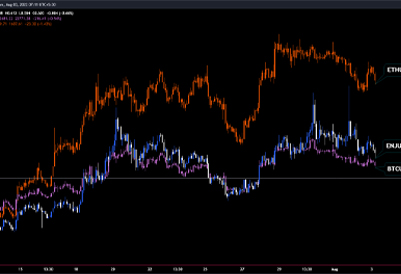


-min.jpg)






.jpg)

.jpg)
 (5).jpg)
 (1).jpg)


.jpg)
.jpg)

.jpg)
 (3).jpg)
 (2).jpg)
.jpg)
.jpg)
.jpg)
.jpg)
.jpg)
.jpg)
 (1).jpg)
 (2).jpg)
 (1).jpg)
 (2).jpg)

 (4).jpg)


 (1).webp)
 (3).webp)
.webp)
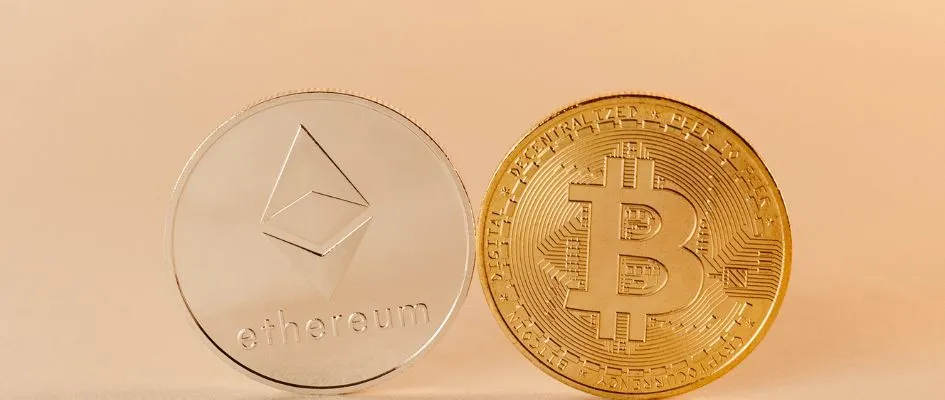







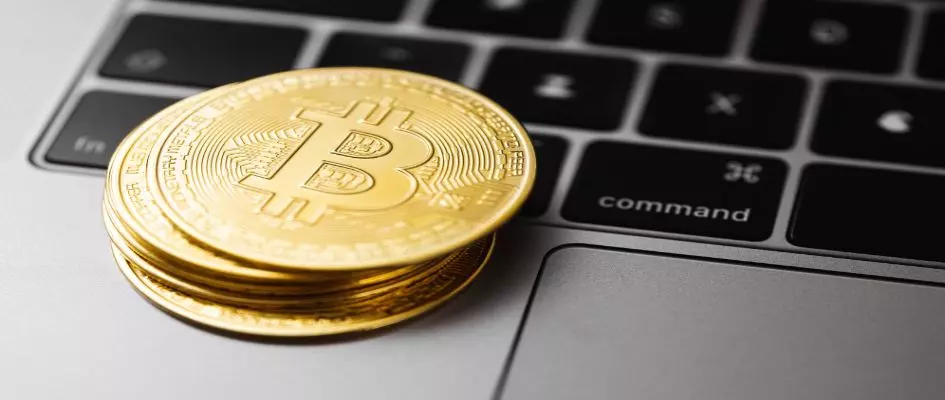
.webp)


.webp)

.webp)

.webp)
.webp)
 (2).webp)


.webp)
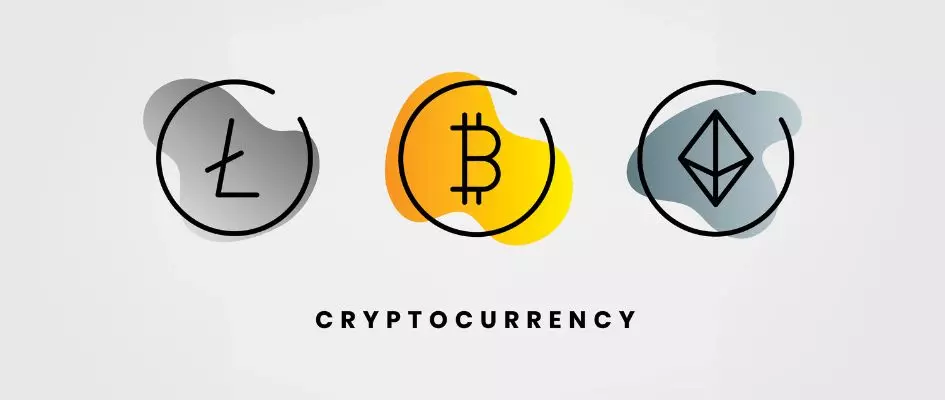


.webp)
.webp)

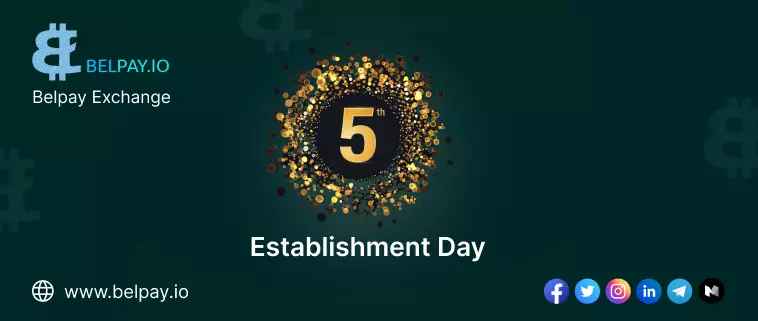



.webp)

.webp)
.webp)
.webp)
.webp)

.webp)
.webp)
.webp)


.webp)
.webp)
.webp)
.webp)
.webp)
.webp)
.webp)




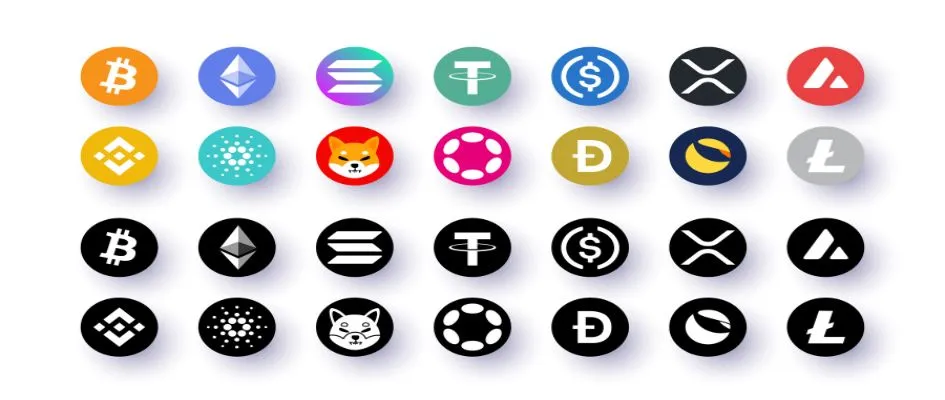








.webp)
.webp)
.png)

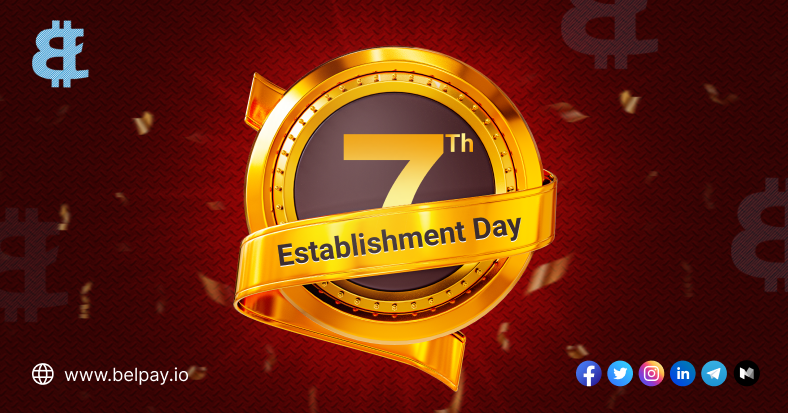
 White Bitcoin
White Bitcoin Bitcoin
Bitcoin Bitcoin Cash
Bitcoin Cash Bitcoin SV
Bitcoin SV Bitcoin Gold
Bitcoin Gold